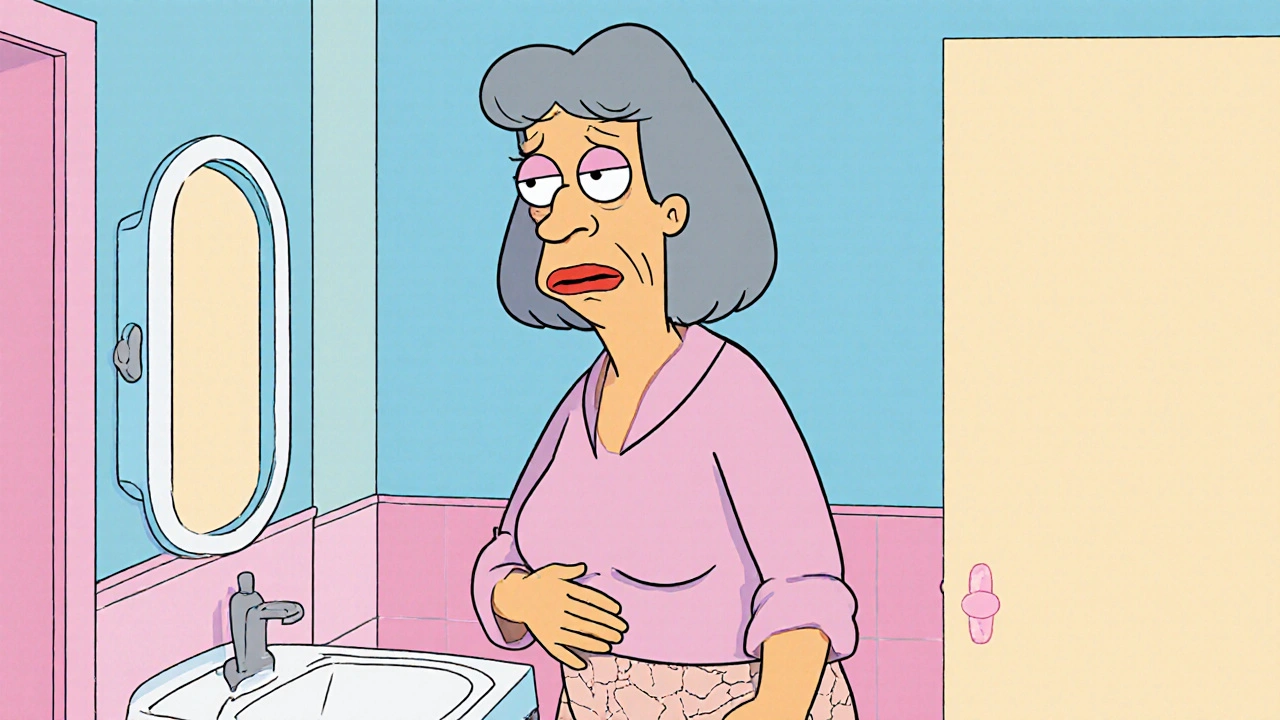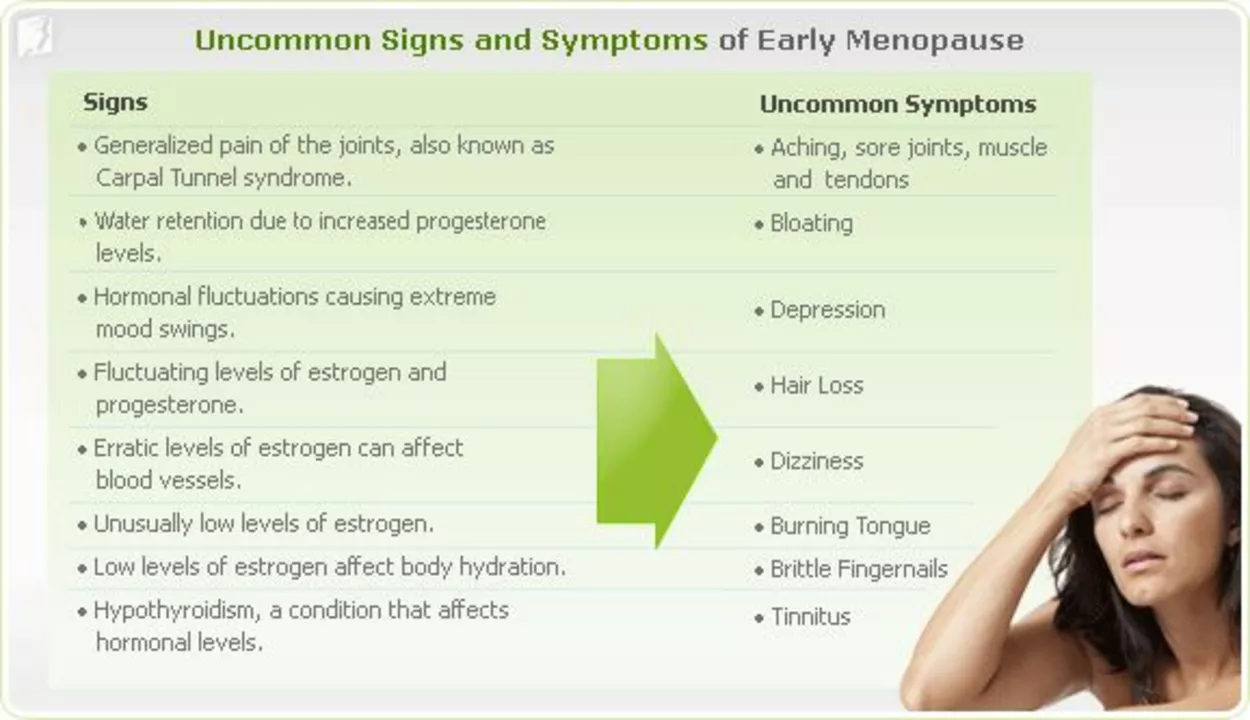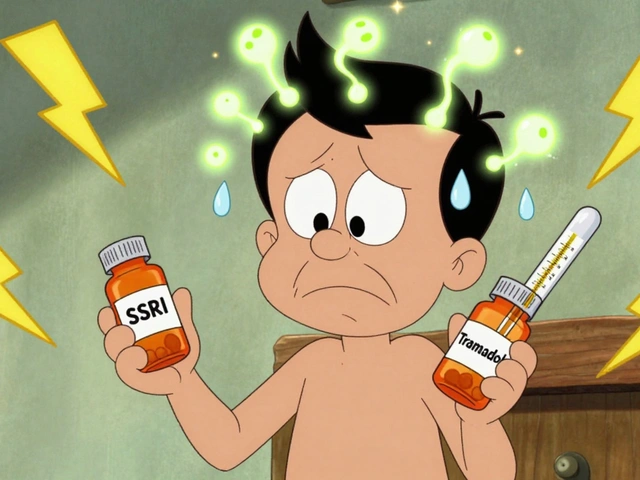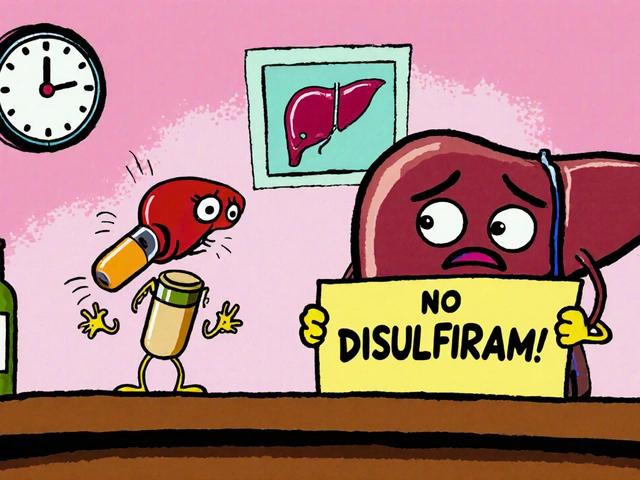Menopause: Practical Guide to Symptoms, Treatments, and Everyday Relief
Hot flashes, night sweats, mood swings — menopause can feel like your body suddenly changed the rules. Many people expect one day to stop having periods and that’s it. In reality, changes often start years earlier during perimenopause and can affect sleep, bones, heart health, and daily energy.
So what actually helps? Short answer: a mix of medical options and simple daily habits. Below I’ll explain the main treatments, what they do, and small changes you can try today.
Common symptoms and practical fixes
Hot flashes and night sweats: avoid spicy food, alcohol, and hot rooms. Layer clothing so you can cool down quickly. A rule many find helpful: keep the bedroom cool, use breathable sheets, and try paced breathing or slow belly breaths when a flash starts.
Sleep problems: aim for a regular bedtime, limit screens for an hour before sleep, and skip big meals or caffeine late in the day. If night sweats wake you frequently, talk to your doctor about treatment options.
Mood changes and low libido: counseling, a steady exercise routine, and checking your medications can help. Some antidepressants also reduce hot flashes, but they come with side effects—discuss pros and cons with your clinician.
Treatments: what works and how they differ
Hormone replacement therapy (HRT): the most effective option for hot flashes, night sweats, and vaginal dryness. Options include estrogen-only (for people without a uterus) and combined estrogen-progestin. You can take pills, patches, gels, or use a local vaginal cream or ring for dryness. HRT lowers menopausal symptoms and helps protect bone density, but it has risks—talk about breast cancer history, blood clots, and heart disease with your doctor.
Non-hormonal medicines: SSRIs and SNRIs (like low-dose venlafaxine) can reduce hot flashes. Gabapentin and clonidine are other alternatives. Vaginal moisturizers and lubricants help sexual discomfort without hormones.
Bone and heart health: menopause speeds bone loss. Calcium and vitamin D matter — some people also use medications like bisphosphonates after a bone-density test. Exercise that includes weight-bearing and resistance training helps both bones and mood. Menopause also changes cardiovascular risk; maintain healthy blood pressure, cholesterol, and weight.
When to see a doctor: if hot flashes disrupt sleep or work, if bleeding is heavy or irregular, or if you have a family history of breast cancer or blood clots. Regular screening for heart health and bone density is a good idea as you age.
Small changes add up. Try regular walking, cut back on triggers, sleep on breathable sheets, and keep a short list of symptoms to discuss at your next visit. Treatments are highly personal — what helps your neighbor might not be right for you, and that’s okay. Ask questions, track your symptoms, and work with a clinician to find the safest, most effective plan for your life.






